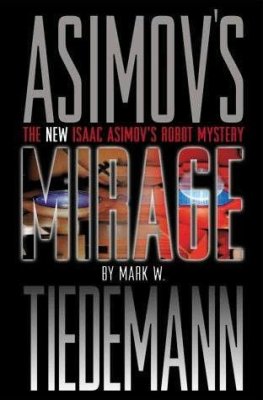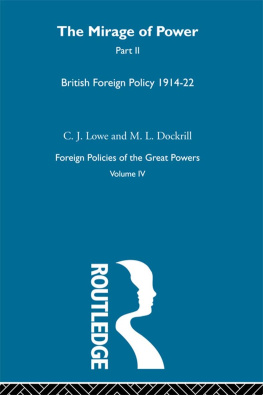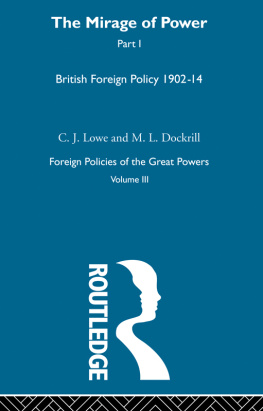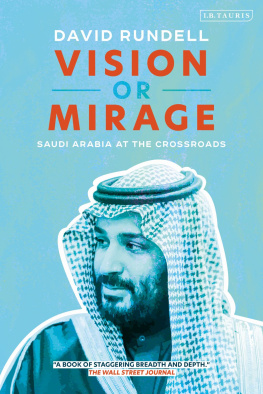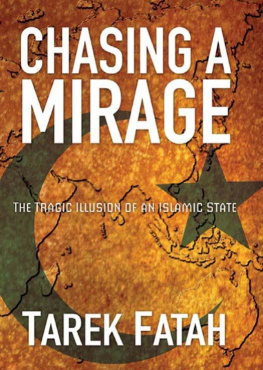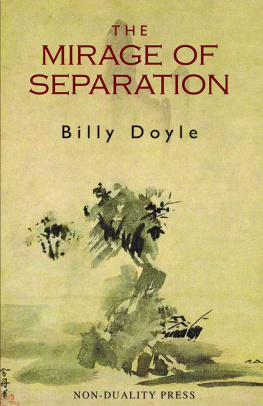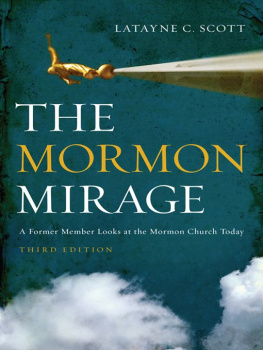David Himbara - Kagames Economic Mirage
Here you can read online David Himbara - Kagames Economic Mirage full text of the book (entire story) in english for free. Download pdf and epub, get meaning, cover and reviews about this ebook. year: 2016, publisher: CreateSpace Independent Publishing Platform, genre: Politics. Description of the work, (preface) as well as reviews are available. Best literature library LitArk.com created for fans of good reading and offers a wide selection of genres:
Romance novel
Science fiction
Adventure
Detective
Science
History
Home and family
Prose
Art
Politics
Computer
Non-fiction
Religion
Business
Children
Humor
Choose a favorite category and find really read worthwhile books. Enjoy immersion in the world of imagination, feel the emotions of the characters or learn something new for yourself, make an fascinating discovery.

- Book:Kagames Economic Mirage
- Author:
- Publisher:CreateSpace Independent Publishing Platform
- Genre:
- Year:2016
- Rating:5 / 5
- Favourites:Add to favourites
- Your mark:
- 100
- 1
- 2
- 3
- 4
- 5
Kagames Economic Mirage: summary, description and annotation
We offer to read an annotation, description, summary or preface (depends on what the author of the book "Kagames Economic Mirage" wrote himself). If you haven't found the necessary information about the book — write in the comments, we will try to find it.
Kagames Economic Mirage — read online for free the complete book (whole text) full work
Below is the text of the book, divided by pages. System saving the place of the last page read, allows you to conveniently read the book "Kagames Economic Mirage" online for free, without having to search again every time where you left off. Put a bookmark, and you can go to the page where you finished reading at any time.
Font size:
Interval:
Bookmark:
Kagames Economic Mirage
Kagames Economic Mirage
DAVID HIMBARA
Copyright 2016 David Himbara
All rights reserved.
ISBN-13: 9781519411211
ISBN-10: 1519411219
Library of Congress Control Number: 2015919626
CreateSpace Independent Publishing Platform
North Charleston, South Carolina
Main Argument
I n 2000, President Paul Kagame launched an audacious mission aimed at transforming Rwandas peasant economy into a dynamic and knowledge-based market by the year 2020. His approach was to stipulate that economic growth was a priority that would later provide the basis for democracy and human rights. In 2013, slightly past halfway through the execution of his economic strategies, Kagame declared that his mission had been accomplishedhe announced that he had already built an African economic lion. Then, in February 2016, Kagame announced that Rwanda was a top global social and economic performer. This is a mirage.
Kagame has delivered neither economic development nor democracy. His main achievement is attaining a self-made iconic status in the West by cunningly merchandizing himself as a visionary leader. Rwanda remains among the worlds poorest countries, even poorer than countries considered to be failed states, such as Afghanistan and Haiti. With hardly any formal private sector to generate domestic revenue, foreign aid still finances half of Rwandas budget. Beneath its masquerade as the Singapore of Africa, Rwanda struggles with cronyism and grand corruption. This reality is concealed by a repressive totalitarian apparatus that controls almost all aspects of national life.
Author Biography
D avid Himbara is an educator and development strategist as well as an author. He has worked in several countries, including Canada where he studied, the United States, South Africa, Kenya, and Rwanda. He is currently a scholar in residence at Centennial College in Toronto, Canada. One of his major accomplishments was coaching governments in eastern and southern Africa in evidence-based policy making as part of Knowledge Management Africa, which was supported by the Development Bank of Southern Africa (DBSA) and the University of the Witwatersrand (Wits). He taught and performed strategic work at Wits in various capacities from 1994 until 2013 when he returned to Canada. While in South Africa, Himbara led a team that succeeded in bringing the World Banks Center for Learning on Evaluation and Results (CLEAR) to Wits. CLEAR supports governmental clients throughout sub-Saharan Africa in evaluating and monitoring capacity development.
Another career highlight was leading and working with the teams that conducted South Africas ten-year review of achievements and challenges in democratic governance. Himbara also served as a consulting team leader for several development agencies, including the African Development Bank, and as a strategist for the UN Development Program (UNDP) in South Africa. Still in South Africa, Himbara worked alongside the Central University of Technologys leadership to craft strategies for reforming decision-making processes and the implementation of the universitys Vision 2020.
A Rwandan-Canadian, Himbara worked for President Paul Kagame twice from 2000 to 2002 and from 2006 to January 2010. In the initial phase, he was principal private secretary to the president. In the latter tenure, he set up and headed the Strategy and Policy Unit. In that capacity, Himbara was founding chairperson for both the Rwanda Development Board (RDB) and the Institute for Policy Analysis and Research (IPAR). He was also chairperson of the World Bank-funded Human and Institutional Development Agency (HIDA). Additionally, Himbara was Kagames speech writer; he briefly held, once more, the position of the principal private secretary in 2009, before leaving Rwanda for good in January 2010.
Himbara holds a Ph.D. in political economy from Queens University in Kingston, Canada. He is widely published in a number of major journals and magazines and online. He is also the author of Kenyan Capitalists, the State, and Development.
Special thanks to Yasmin Razack and her team at the Centre for Global Citizenship Education and Inclusion (CGCEI) for their generous support since I joined them in 2015.
Contents
Tables
Preface
I worked for the president of Rwanda, Paul Kagame, twicefirst from 2000 to 2002 and then again from 2006 through January 2010. My assignment in the latter tenure was to lead reforms. In both tenures, a fundamental contradiction faced the senior staff in Rwandas presidency. On the one hand, reforming government for better delivery meant we needed to engage in needs assessments in order to fix weaknesses or gaps. But, on the other hand, the Rwandan leader wanted to show that he had already transformed Rwanda into an African success story. To the Rwandan president, using such terms as capacity building meant admitting that the country either lacked or had limited administrative and managerial competencies, which was offensive to him (as I learned the hard way).
Long after I left, I saw how the inconsistencies had worsened. In speeches and writings, Kagame described Rwanda in a disconcerting manner. He would say that Rwanda was already an African economic lion, following in the footsteps of the East Asian tiger economies of South Korea, Singapore, Hong Kong, and Taiwan. He would claim that Rwanda was the most dynamic and competitive economy in East Africa, ahead of Kenya, Uganda, and Tanzaniaall of which are much larger economies that dwarf Rwanda in almost every socioeconomic realm. He would proclaim Rwanda to be a top global performer in almost every social and economic category. Some of the statistics that the Rwandan leader would share placed Rwanda in the category of developed countries; the most notable examples included the nations drive toward a universal health-care system already covering over 90 percent of the population; primary-school enrollment of 97 percent; 3.4 percent unemployment reduced to a mere 2 percent by 2016; and a comprehensive IT-infrastructure network that connected the entire country with broadband. This was mostly make-believe.
In March 2016, when Standard and Poors Rating Services downgraded Rwandas credit rating from stable to negative, Kagames development story seemed to be unraveling. These are not indicators of an economic lion.
When I initially thought of writing this book, I wanted to give it a speaking-from-the-heart style that would be easily accessible, free of jargon, and free of footnotes; I wanted the book to have the opposite feel of my earlier work, Kenyan Capitalists, the State, and Development, which was drawn from my doctoral dissertation and aimed at an academic audience. But I had to modify my approach. Extensive references were unavoidable due to the fact that Rwandas story, as officially narrated, has gained wide but mistaken acceptance. To properly dispel President Paul Kagames mirage, I needed to support my arguments with evidence, which meant references and long quotes from a variety of sources, especially the Rwandan government sources. This is the only viable methodology for successfully countering official propaganda. The Rwandan governments own data and official documents sharply contradict its inflated claims and manipulated statistics.
A further remark about the method used in this bookI have deliberately restricted my use of the extensive knowledge I gained while working for the president of Rwanda. I only tap into this knowledge where there are corroborating official data and reports. This, I believe, is the best defense against accusations of fabrication or exaggeration of my assessments of Rwandas political economy. Rwandans at large, scholars, and development practitioners, as well as human-rights workers associated in some way with Rwanda, will hopefully gain clarity on the countrys contradictory politics and economics. This clarity is overdueit is now almost standard practice, even by Kagames critics, to erroneously credit him with successful economic development.
Next pageFont size:
Interval:
Bookmark:
Similar books «Kagames Economic Mirage»
Look at similar books to Kagames Economic Mirage. We have selected literature similar in name and meaning in the hope of providing readers with more options to find new, interesting, not yet read works.
Discussion, reviews of the book Kagames Economic Mirage and just readers' own opinions. Leave your comments, write what you think about the work, its meaning or the main characters. Specify what exactly you liked and what you didn't like, and why you think so.


